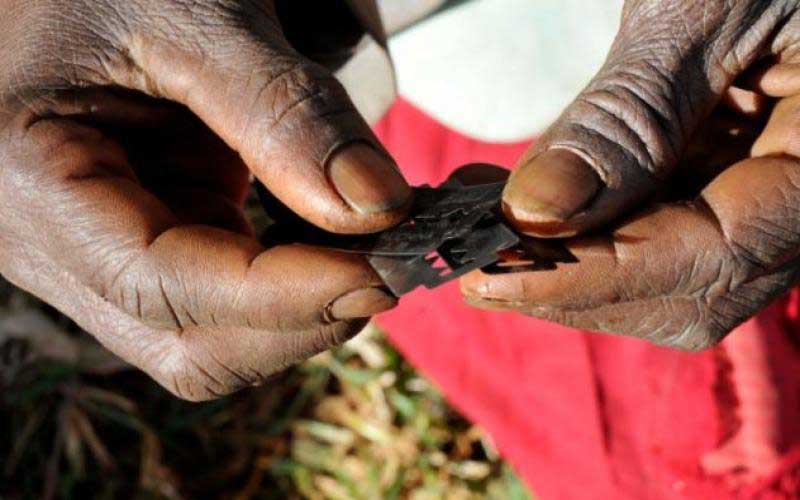×
The Standard e-Paper
Stay Informed, Even Offline

Female genital mutilation/cutting (FGM/C) is the ritual cutting or removal of some or all of the external female genitalia. Despite a myriad of interventions that have been implemented across Kenya in areas where (FGM/C) persists, community abandonment of the practice has been slow and uneven.